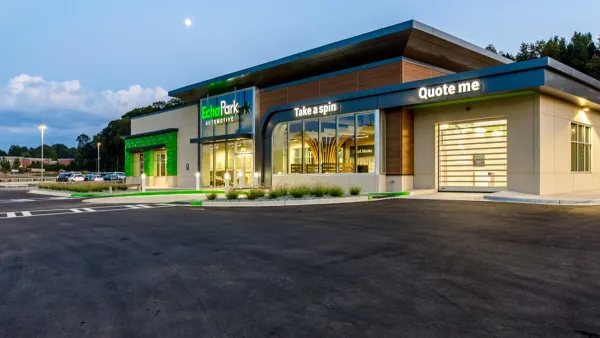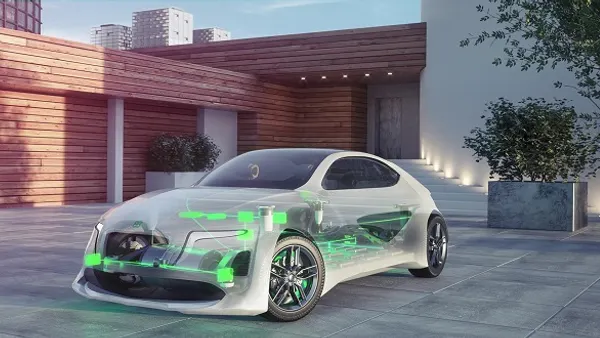Editor's note: This story is part of the WardsAuto digital archive, which may include content that was first published in print, or in different web layouts.
U.K. motorists worry more about the dangers of distraction posed by technology and social media than about drunk driving, the region’s first major survey into safety culture finds.
The Institute of Advanced Motorists’ Safety Culture Index looked at more than 2,000 U.K. motorists’ attitudes toward driving safety and behavior on the roads.
The report finds while technology will form a fundamental part of improving road safety, it also poses some risks, in particular driver distraction; 77% of respondents say it now is a bigger problem than three years ago.
This compares with just 23% of people feeling drunk driving is a bigger threat than three years ago.
Those surveyed say use of text messaging and social media while driving are the two biggest threats to their personal safety, with 93% and 92%, respectively, claiming these to be a “very or somewhat serious” threat.
The next two factors they consider threats to their personal safety are drunken and drugged driving, at 90% and 89%, respectively.
And while only 15% of people feel talking on a hand-held mobile phone is acceptable in their locality, some 64% say talking on a hands-free mobile phone is OK.
Motorists also are much more concerned about speeding on residential streets than they are about speeding on freeways. Some 86% believe this to be a very or somewhat serious threat; 24 percentage points higher than freeways.
This is borne out by the finding 61% feel it’s acceptable to drive 10 mph (16 km/h) above the speed limit on a freeway, but only 27% say it’s acceptable to drive 5 mph (8 km/h) above the limit on a residential street.
Institute President and 1992 Formula 1 world champion Nigel Mansell says the group believes the report highlights the key areas of road safety and police-enforcement priority that will command the highest levels of public support.
“The good news is that the vast majority of drivers do value safety and they want to feel even safer on the road in the future,” Mansell says in a statement. “They take speeding and drunk driving very seriously and are happy to support even stronger legislation even if it may stop them doing things they admit to doing themselves.”
CEO Sarah Sillars says the report is a crucial barometer of what drivers are really thinking:
“Understanding the issues drivers see as important when it comes to road safety is essential for establishing how best to communicate with them and so in turn to achieve behavior change, on both a local and national level.”
The report will form a baseline to track changes over time, providing the opportunity to examine how attitudes change over the years.








